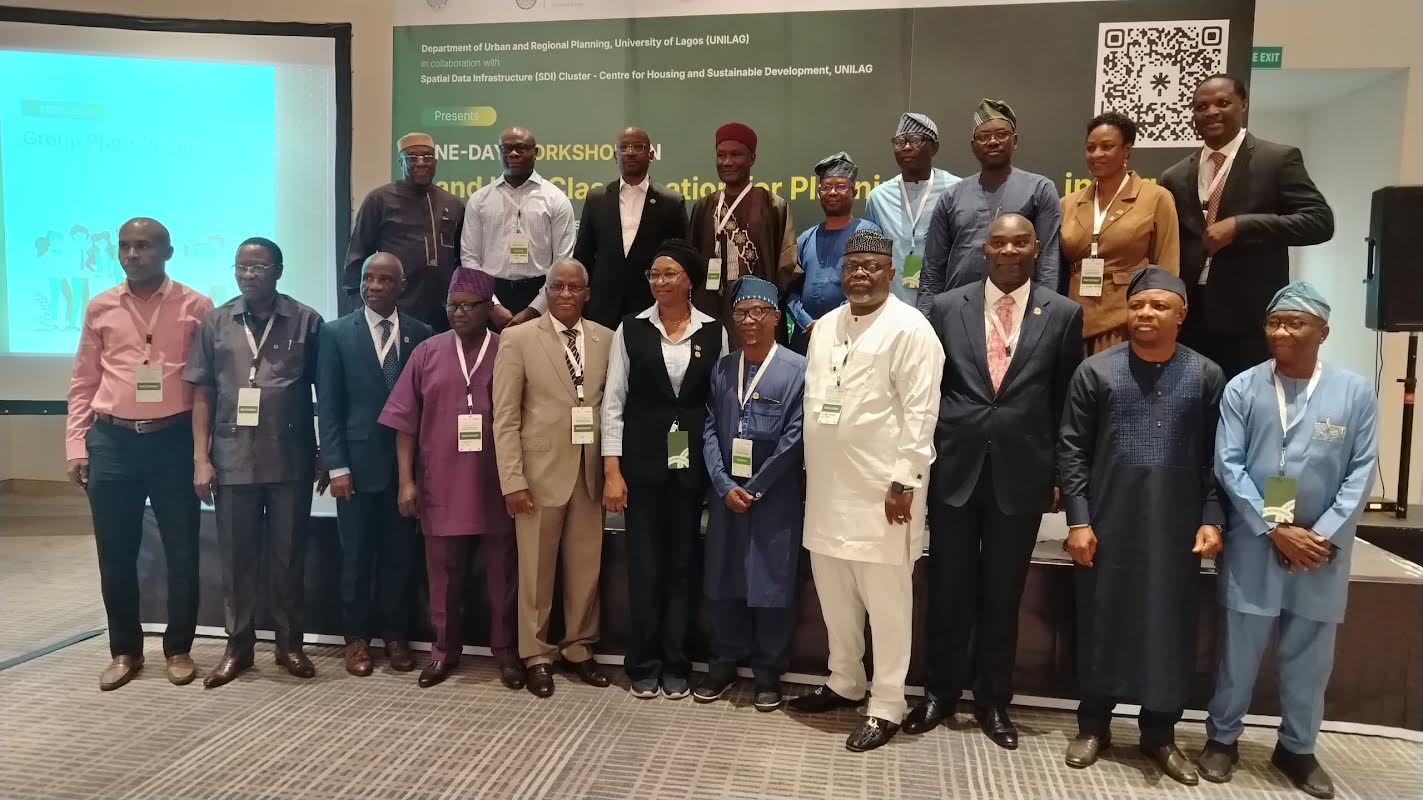To tackle Africa’s growing housing deficit, the Chairman of the African Union for Housing Finance (AUHF), Mr Kehinde Ogundimu, has urged stronger government leadership and the adoption of innovative financing mechanisms, particularly through blended finance, to drive large-scale and transformative impact across the continent.
Ogundimu, who is also the Managing Director/Chief Executive Officer of the Nigeria Mortgage Refinance Company (NMRC), stressed the urgency of coordinated action as Africa’s urban population is projected to triple by 2050.
Delivering the opening remarks at the State and City Roundtable on Blended Finance for Affordable Housing, held during the 41st yearly AUHF Conference and AGM in Kenya, he challenged policymakers to make bold choices about Africa’s urban future.
“This transformation presents a choice,” he said. “Will our cities become engines of prosperity and human dignity, or sprawling informal settlements marked by lost opportunity and persistent inadequacy?”
Citing the continent’s low mortgage penetration rate, still below three per cent, Ogundimu emphasised that innovation, partnerships, and blended finance must be at the heart of housing sector reform. “We need blended finance, the strategic combination of public, philanthropic, and private capital to unlock investment at scale. It is not merely an option; it is a necessity,” he said.
He explained that governments must evolve from being sole providers of housing to market enablers and leverage public resources to attract private capital.
“When structured effectively, blended finance can reduce investment risks, extend loan tenors, lower interest rates to affordable levels, and multiply the impact of limited public funds,” Ogundimu noted.
Highlighting emerging initiatives across Africa, such as guarantee schemes and employer-employee housing funds, he said these models demonstrate how targeted policy and collaboration can unlock new sources of finance.
“Housing is not just a social good; it is a powerful economic catalyst,” he said. “Each home built creates jobs, stimulates local industries, deepens financial markets, and builds wealth. Through advocacy, capacity-building, and cross-sector partnerships, AUHF is committed to championing this vision.”
Drawing from NMRC’s experience in Nigeria, Ogundimu said sustainable housing finance requires an ecosystem-wide approach that engages multiple actors. “No single institution, and no single country, can achieve this alone,” he said.
The roundtable, supported by UN-Habitat and the African Development Bank (AfDB), convened delegates from Nigeria, Kenya, Rwanda, South Africa, Botswana, and Zimbabwe to share insights on affordable housing finance, urban policy, and capital mobilisation.
Ogundimu reaffirmed AUHF’s commitment to documenting and replicating successful models across the continent, urging African leaders to show consistency and courage in implementing outcomes from high-level housing forums.
“The families waiting for decent homes are counting on us,” he said. “History will judge whether we rose to meet this defining challenge. I am confident that together, we will.”






